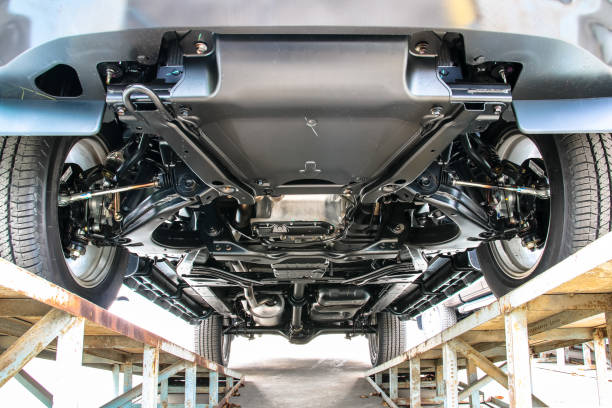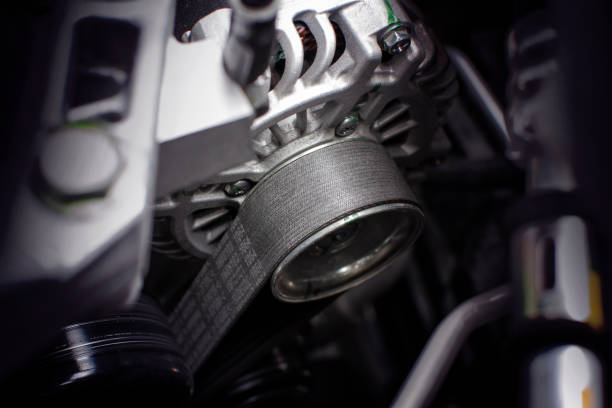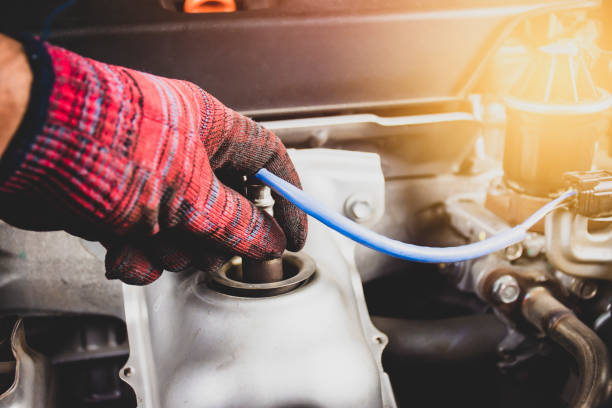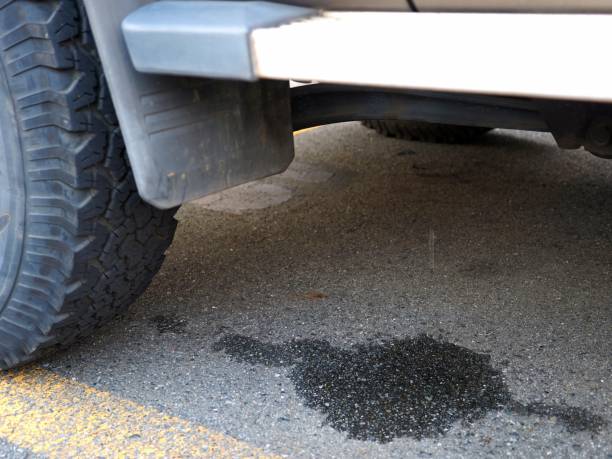
One common concern among vehicle owners is finding water dripping from their car. It’s not an uncommon occurrence, but it can understandably cause a moment of panic. Is it something serious, or is it a harmless part of your vehicle’s operation? In this article, we’ll delve into the possible reasons behind the water dripping from your car and provide guidance on when to worry and when not to.
Natural Causes of Water Dripping from Your Car
There are several instances where water dripping from your car is entirely normal and not cause for concern.
Air Conditioning System
If you notice water pooling under your car during hot weather or after using your air conditioner, it’s likely just condensation from the air conditioning system. As your AC system cools down the warm air, it naturally creates condensation, which drains out of a small tube at the bottom of the car. This is a normal part of your car’s operation.
Exhaust System
During colder weather, you might observe water dripping from your car’s exhaust pipe. This is also usually normal, especially if the vehicle has been sitting overnight. It’s a result of condensation building up within the exhaust system and is typically nothing to worry about.
When Water Dripping from Your Car Might Be a Problem
While there are benign causes of water dripping from your car, there are also instances where it could signify an issue.
Radiator and Coolant System Leaks
If the water dripping from your car is colored (often pink, green, or orange) and is coming from the front part of the vehicle, it could indicate a leak in your coolant system or radiator. Coolant fluid is crucial for preventing your engine from overheating, so any potential leaks should be addressed immediately to avoid serious engine damage.
Windshield Washer Fluid Leaks
Windshield washer fluid can also leak and may be mistaken for water. This fluid is usually blue and will typically drip from the front of the vehicle, near the windshield wipers. While not as critical as a coolant leak, it’s still worth fixing to maintain your vehicle’s functionality.
Brake Fluid Leaks
A less common, but far more serious, cause of a leak could be brake fluid. This fluid is typically clear to yellowish and will generally be found near the wheels or directly under the brake master cylinder. If you suspect a brake fluid leak, it’s important to get your car checked immediately, as it can lead to brake failure.
What to Do If You Notice Water Dripping from Your Car
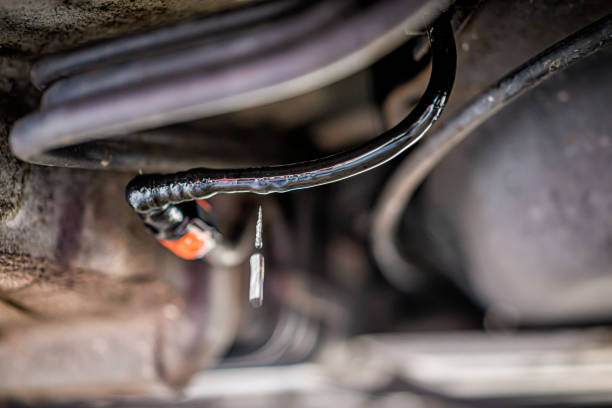
If you observe water dripping from your car, there are some initial steps you can take before bringing it in for a professional assessment.
Check the Fluid
The first thing to do is check the color and consistency of the fluid. As mentioned earlier, normal condensation from your AC or exhaust system will look like clear water. If the fluid is colored or has a thicker consistency, it might be a type of car fluid.
Check the Leak Location
The location of the drip can also provide clues as to what’s causing it. For example, a drip near the front of the car could be a coolant leak, while a drip near the wheels could indicate a brake fluid leak.
Monitor Fluid Levels
Regularly monitor your car’s fluid levels, particularly if you notice a leak. If you see a significant drop in coolant or brake fluid levels, seek professional help promptly.
Consult a Professional
When in doubt, consulting with a professional is always a good idea. If you’ve observed a persistent leak, or if the dripping fluid is not just water, it’s advisable to have your vehicle checked by a professional mechanic.
Conclusion
While water dripping from your car can be an unsettling sight, it isn’t always a sign of a serious problem. In many cases, it’s a normal part of your vehicle’s operation. However, understanding the difference between harmless water drips and potential fluid leaks can help you maintain your car’s health and avoid more serious issues down the line. Remember, when it comes to your car’s operation, being proactive and informed is the best approach.





